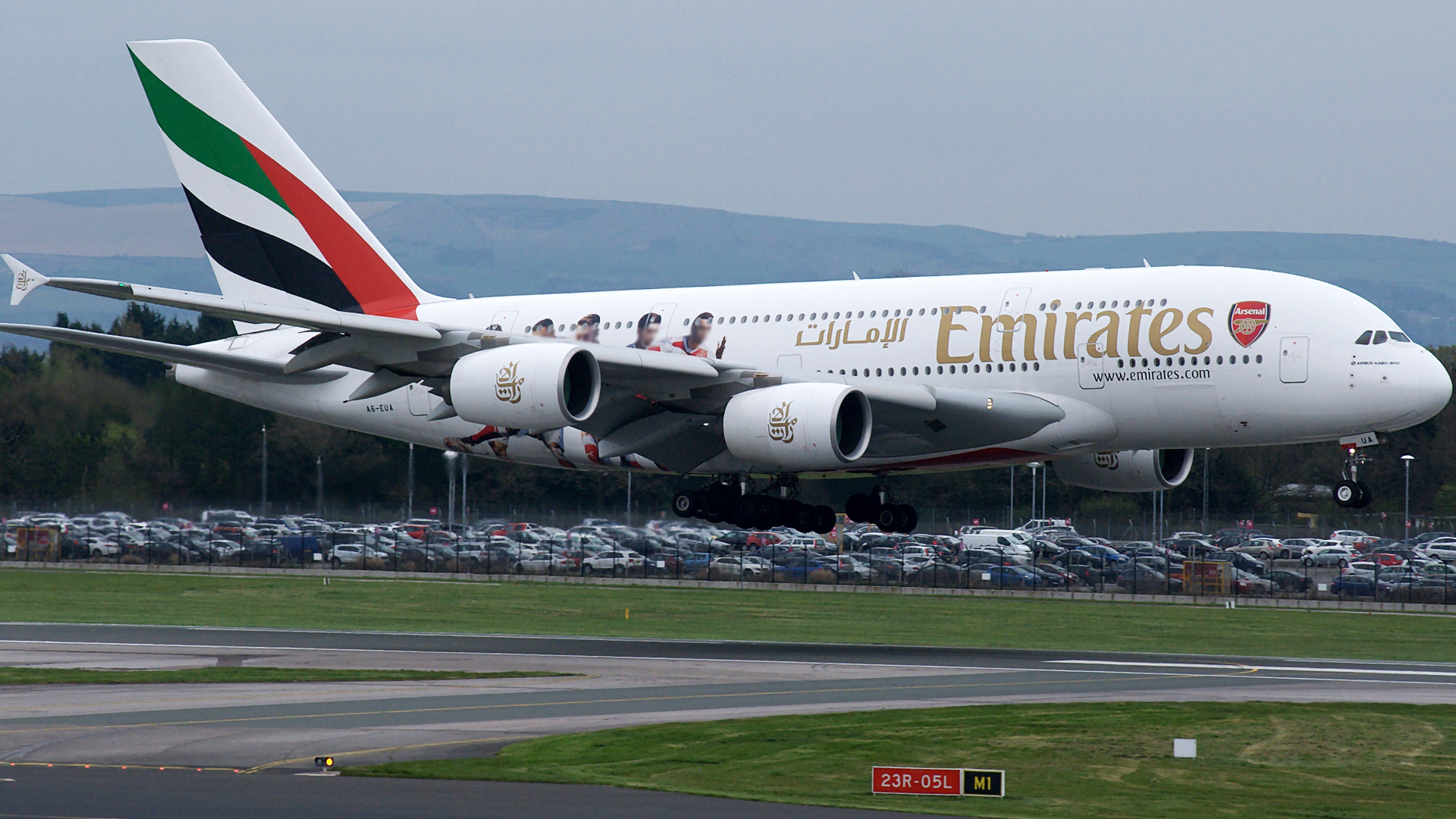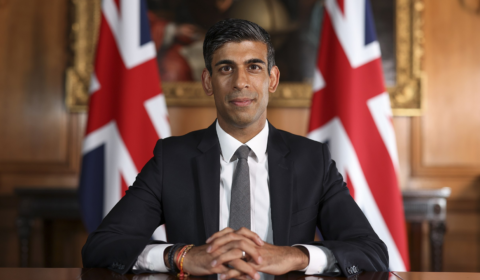As airline sponsorships become more intrinsically linked to European football, activists are urging clubs and governing bodies to break away from this ecologically damaging association.
There’s rarely a quiet day at UEFA HQ, and Valentine’s Day brought forth a fresh batch of criticism to the association’s door.
The Union of European Football Associations, which hosts the sport’s elite EU competitions; including the Champions League, Europa League, and Conference League, is now under fire for its ever-expanding relationship with airline companies.
While this has been a contentious topic for years already, the microscope is once again on UEFA thanks to the efforts of eco-sport group Fossil Free Football.
On the internationally recognised day of love, the account posted an edit featuring the UEFA crest and Turkish Airlines logo cosied up in bed with copy reading: ‘We celebrate the ongoing love affair between European elite football and the fossil fuel industry.’
If you keep up to date with European football, you’ll already know that the account’s indictment is in no way overstated. Not only is the organisation sponsored by Turkish Airlines, but five of the 16 teams left in the Champions League will don shirts featuring an airliner logo before the final.
Champions League is back on Valentine's Day! So we celebrate the ongoing love affair between European elite football and the fossil fuel industry ⚽️ ❤️ 🛢️✈️💰 #ChampionsLeague #ValentinesDay pic.twitter.com/dsvULPFvbI
— Fossil Free Football 🌍⚽️ (@FossilFreeFoot) February 14, 2023
All in all, this intersectional relationship is worth approximately €317m annually, and an overall value of at least €917m. Whether through shirt or stadium deals, the elite clubs which flog these enterprises include Arsenal, Real Madrid, Manchester City, Atletico Madrid, Paris Saint-Germain, Inter Milan, Dortmund, and PSV, among many others.
Notably, in it’s quest to bulk out its revenue streams to permit huge spending in future transfer windows, Saudi-owned Newcastle United have partnered with the nation’s newest airline company Saudia.




















